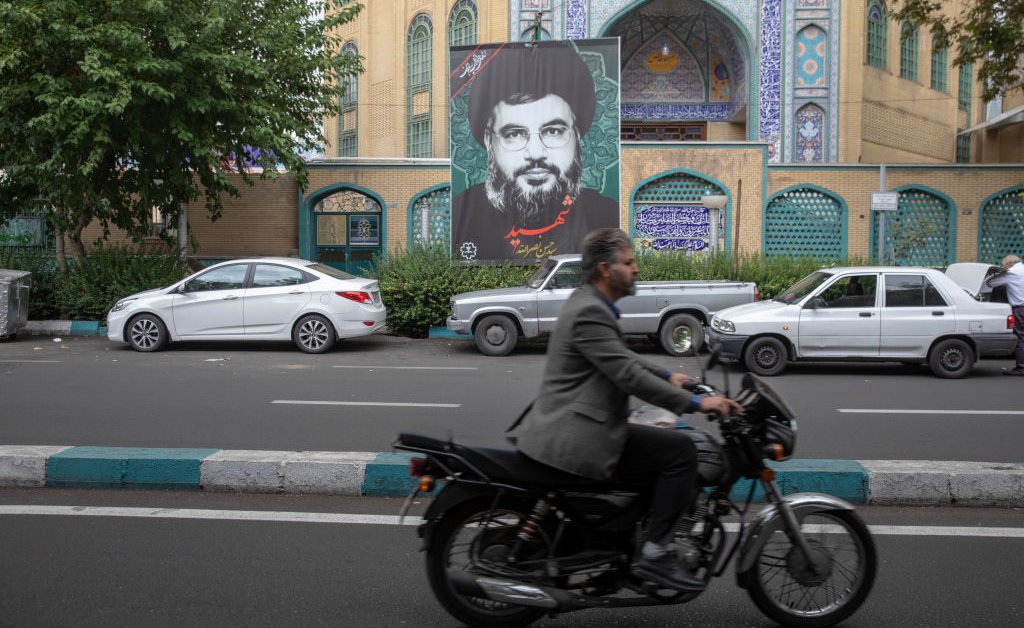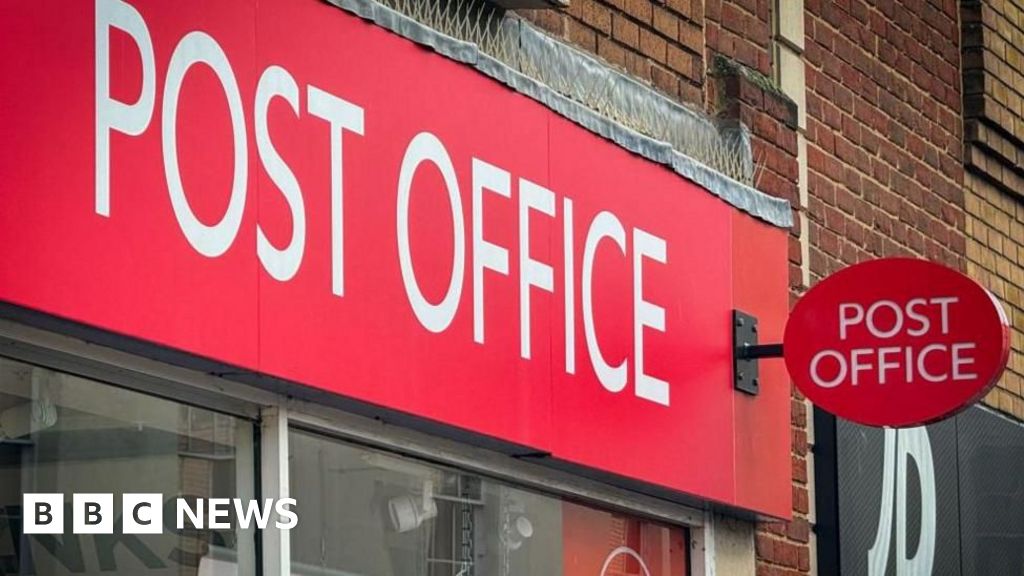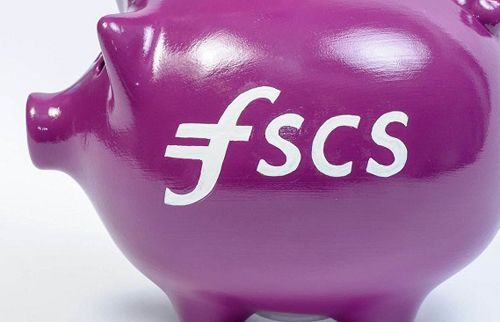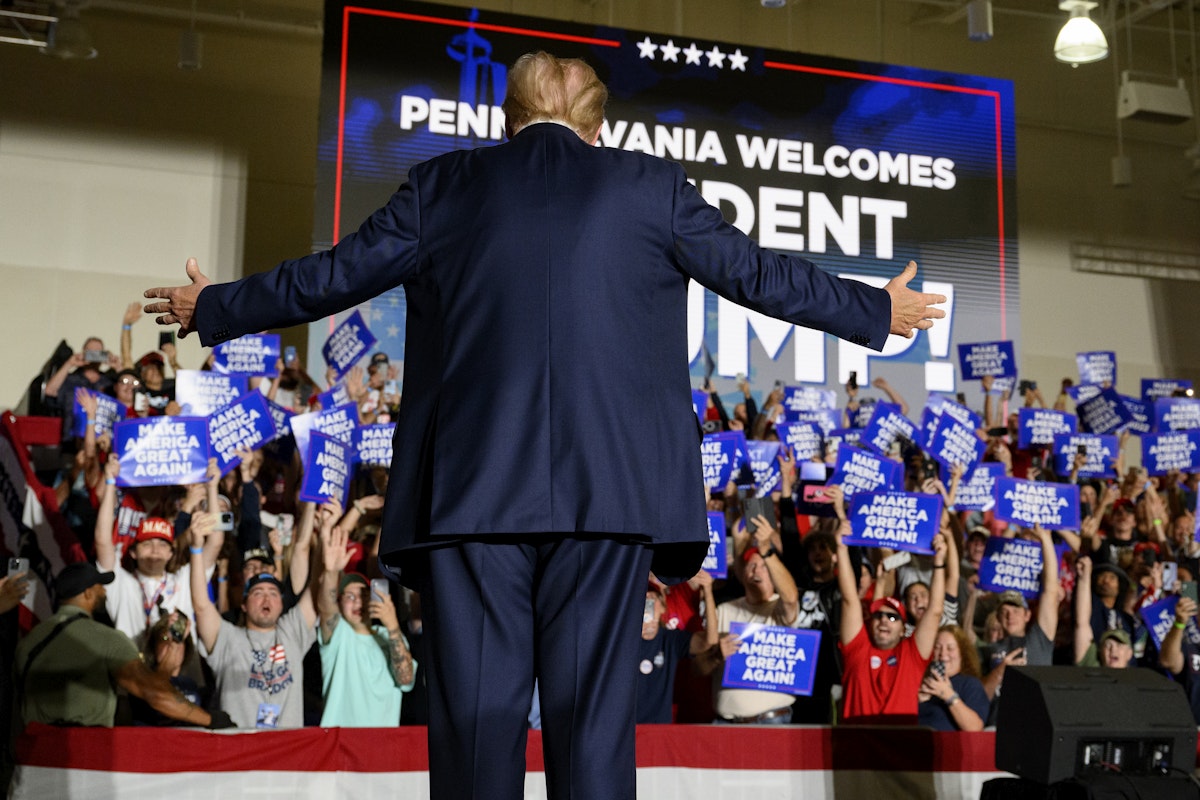When an Iranian consulate building was destroyed in Syria in April, Supreme Leader Ayatollah Ali Khamenei vowed to punish Israel. What followed was a huge, yet telegraphed assault and no all-out war.
Three months later, the military chief of Iran-backed Hezbollah and Hamas’s political head were killed within hours of each other. The wider regional conflict seen by some as imminent didn’t end up erupting.
Israel’s assassination of Hezbollah leader Hassan Nasrallah on Friday in Beirut dealt an even bigger blow. But it’s still unlikely to trigger a direct war with the Islamic Republic, according to current and former U.S. and Middle East government officials and regional experts. Instead, Iran will focus on rebuilding the militant group in Lebanon and keeping its network of proxies in action for as long as possible, they said.
Read More: How the Death of Hezbollah’s Nasrallah Brings a Renewed Opportunity for Mideast Peace
For all the saber rattling, what Iran calls its powerful “axis of resistance” in reality has seen its soft underbelly exposed again. Both Hezbollah, the most important asset in that axis, and Iran itself have been weakened and have few options, making it unlikely they will escalate the conflict, according to a person familiar with U.S.’s thinking.
More of a wildcard is whether Israel pursues further targets to hurt Hezbollah while the U.S. is focused on the presidential election campaign, one Arab official said. Already, the killing of Nasrallah followed an attack on the group’s nerve system by exploding pagers and walkie talkies they used for communication.
“Iran will be cornered into responding, with a bigger chorus of people demanding revenge,” said Dina Esfandiary, senior adviser on the Middle East and North Africa at the International Crisis Group. “But this administration doesn’t want to embroil themselves in a conflict they can’t win. So they will have to measure their response.”
There were early signs from officials that the Islamic Republic will exercise the kind of restraint it showed after Israel’s other recent provocations. That’s not least because Israel is superior militarily and the U.S. has moved more forces into the region to deter a major attack on its ally.
Mohammad Javad Zarif, a top aide to Iranian President Masoud Pezeshkian and a former foreign minister, told state television on Sunday: “We will respond at a time that’s appropriate and our own choosing.”
Read More: Hezbollah and Israel Stare Into the Abyss
Khamenei’s first statement a day earlier, meanwhile, emphasized the fact that Hezbollah has enough people who can replace Nasrallah and that the “axis of resistance will decide the fate of the region.”
The rhetoric from Tehran reflects the desire of the clerical and military establishment to keep war at arm’s length. In the immediate term, the task will be to recoup the strength of the militant groups it backs in the region and ensure it isn’t baited into a full-blown war.
In Lebanon, the priority is to preserve what’s left of Hezbollah, according to Vali Nasr, a former senior adviser to the U.S. State Department and professor of Middle East studies at Johns Hopkins University. The group, like Hamas, is considered a terrorist organization by the U.S. and many of its allies.
“The priority for Iran is deterrence — it does not want a larger war right now and it suspects that Israel wants one,” said Nasr. “It’s not about avenging Nasrallah, it’s about rebuilding their position.”
There’s no disguising Iran’s vulnerability of late. Amid the string of major attacks targeting Iranian allies and personnel, former President Ebrahim Raisi died in a helicopter crash, leading to an election that ushered in reformist leader Pezeshkian in July. Yet the weakness goes back further.
The demise of the Hezbollah chief has echoes of the U.S.’s taking out of Qassem Soleimani, Iran’s most prominent general and a national hero, in early 2020. That was during the presidency of Donald Trump, a hawk on Iran who one of Israeli Prime Minister Benjamin Netanyahu’s key coalition partners has endorsed for a return to the White House.
Read More: Iran, Trump, and the Third Assassination Plot
“It’s a huge body blow after Soleimani was killed and in many ways his successor was Nasrallah,” said Nasr. “He was an iconic figure and a linchpin and he can’t be easily replaced and neither can Hezbollah be rebuilt this quickly.”
Allies Syria and Iraq will become key conduits for the transfer of Hezbollah’s resources, according to a source with direct knowledge of military movements in northeast Syria and Iranian militias operating in both countries.
Iran will now try to move thousands of fighters to border areas of Lebanon and Syria, the source said, adding that for the past two months several thousand fighters have gone from Iraq to Syria, suggesting that Tehran has been preparing to reinforce its deterrence.
Since its involvement in Syria in 2012 to defend Bashar al-Assad’s regime alongside other Iran-backed militias, Hezbollah has built bases and an elaborate network of tunnels in areas in Syria close to the Lebanese border. Many Hezbollah field commanders have also been fleeing to Syria from Lebanon with their families, according to a person familiar with the situation.
“Iran doesn’t fight for its proxies, its proxies fight for it,” said Jonathan Lord, a former Pentagon official and director of the Middle East Security program at the Center for a New American Security. “The regime is most interested in self-preservation and won’t knowingly put itself at risk.”
Israel’s massive strike on southern Beirut to take out Nasrallah also killed a commander of Iran’s Islamic Revolutionary Guard Corps. That raised the tally of assassinations of senior IRGC officers and personnel and top-ranking members of proxy groups to at least a dozen since last year’s Oct. 7 attacks by Hamas.
While the loss of Nasrallah and depletion of Hezbollah’s top ranks is a major loss for both the organization and Iran, it likely won’t prompt a change or rethinking in Iran’s foreign and regional policy. Pezeshkian has gained Khamenei’s tacit support to pursue a policy of cautious engagement with the West in order to secure relief from economic sanctions.
That requires ensuring relations with the U.S. and Europe don’t deteriorate further even as Israel keeps pressuring Iran militarily.
Read More: Exclusive: Netanyahu at War
As Miri Eisen, a retired Israeli intelligence colonel and former prime ministerial spokesperson, put it: the hit on Beirut and assassination of Nasrallah isn’t “check mate.”
“This does not eliminate Hezbollah,” she said. “Hezbollah’s arsenal is 10 times what Hamas ever had. Hezbollah still has the backing of and open road to the Islamic regime in Iran.”
Indeed, bombardment of Hezbollah’s leadership and members has again exposed the Islamic Republic’s limits when it comes to hitting back at Israel.
The missile attack by Tehran in April, thwarted by Israel with the help of its allies, has been the extent of Iran’s response to Israel so far, despite its generals often warning of a “crushing” or “severe” retaliation. It raised questions of whether Iran actually had the capability to follow through on the threats.
“It’s very clear that Iran is also somewhat stunned by all of this and needs time to regroup,” said Barbara Slavin, a distinguished fellow at the Stimson Center, a foreign affairs think tank in the U.S. “Iranians are going to remain cautious, they understand that Israel is still in a mood to escalate and strike. They will go back to guerilla tactics and strategic patience.”










































































































































You must be logged in to post a comment Login